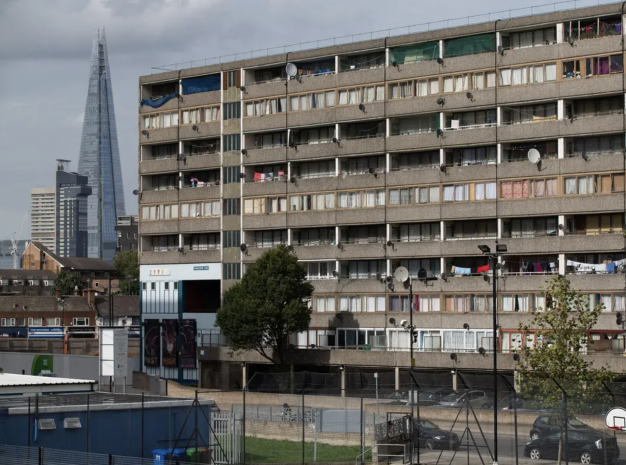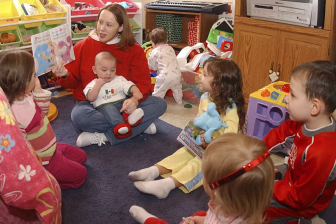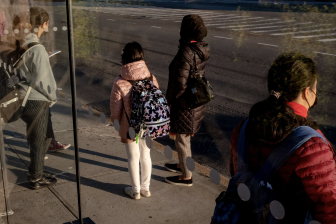
‘Housing emergency’ means half of teachers in England work with homeless children
‘Untold damage’ is being caused to children’s education as a result of them living in temporary homes, say half the teachers in England’s state schools, according to a leading charity.
Shelter, which campaigns for people dealing with homeless issues, has revealed new research which ‘paints an appalling portrait’ of a system it says is inflicting severe damage on children’s education.
It has warned that this ‘housing emergency’ is having a terrible effect on the lives of children, whose teachers have highlighted hunger and exhaustion amongst youngsters, not to mention missed school days.
Half of teachers at state schools in England, says the charity, work at a school with children who are homeless or who have become homeless in the last year.
A severe shortage of social homes and ever-rising private rents are forcing more families into homelessness, to the extent there are now nearly 140,000 children living in temporary accommodation in England. This means 1 in 84 children are homeless in England today.
‘Housing emergency’
Shelter commissioned YouGov to carry out a survey of more than 1,000 teachers, and a huge number – some 91 per cent – say housing issues are resulting in children coming to school more tired than ever. This is often because children find it difficult to sleep in temporary accommodation which can be overcrowded, and where they often have to share beds with siblings or parents.
Polly Neate, Chief Executive of Shelter, said: “An alarming number of teachers are bearing witness to the horrors of homelessness and bad housing that families tell our services about every day. Appalling stories of children falling asleep in class because they don’t have their own bed, and parents filled with worry because they can’t even cook a hot meal in their grim hostel without a kitchen.”
Teachers’ responses to Shelter shows :
-
87 per cent said that children have come to school hungry. Temporary accommodation such as B&Bs and hostels often have only basic or no kitchen facilities at all.
-
91 per cent said that children’s living situation had negatively affected the mental health of children at their school. 81 per cent reported it having a negative impact on physical health.
-
78 per cent reported friendship breakdowns among children struggling with homelessness and bad housing.
Chiara, a teacher from East London, said: “Many of the young people I teach are being put at a huge disadvantage by homelessness and bad housing. I have students who have been moved miles out of their area. They get up at 5am just to make it in to school. They’re hungry and tired. We do everything we can for them, but they end up falling behind.
“Some have been placed in temporary accommodation where they don’t even have locks on their doors. They hear alarms going off all night and people coming in and out.
They don’t feel safe at all. It’s a vicious cycle because without a secure home, their education suffers
Ethan, 17, lives with his mum in Hackney, London. When Ethan was 11, his family received a S21 no fault eviction notice, which plunged them into homelessness. They were housed in temporary accommodation for the next six years where they dealt with appalling conditions including mould, disrepair, and pest problems. This had a huge impact on Ethan’s health, education, and wellbeing throughout his time at school.
“We spent just over a year in the hostel when we were first evicted – place was infested with cockroaches and there wasn’t any drinking water – we didn’t even have a kitchen,” said Ethan. “If you wanted to do dishes, you had to use a bucket in the shower and cooking anything was impossible, so I often went to school hungry.
‘Half my things were destroyed because of the damp’
“I was always so exhausted because I had to wake up so early to get to school. I got home at 5.30pm every day because I had to stay late to do my homework. There just wasn’t any space to concentrate at home – the place was so small that mum was constantly injuring herself, and we were always bumping into each other. It was a nightmare.
“We were moved to different temporary accommodation after the first year. The building wasn’t looked after properly, and my room became covered in mould. Half of my things were destroyed because it was so damp, and I had to sleep on the couch or share a bedroom with my mum – which was hard. In the end, the damp became so bad that the floor in the living room rose by nearly a foot.”
Click here for more on the survey’s findings, and the work of Shelter UK.




